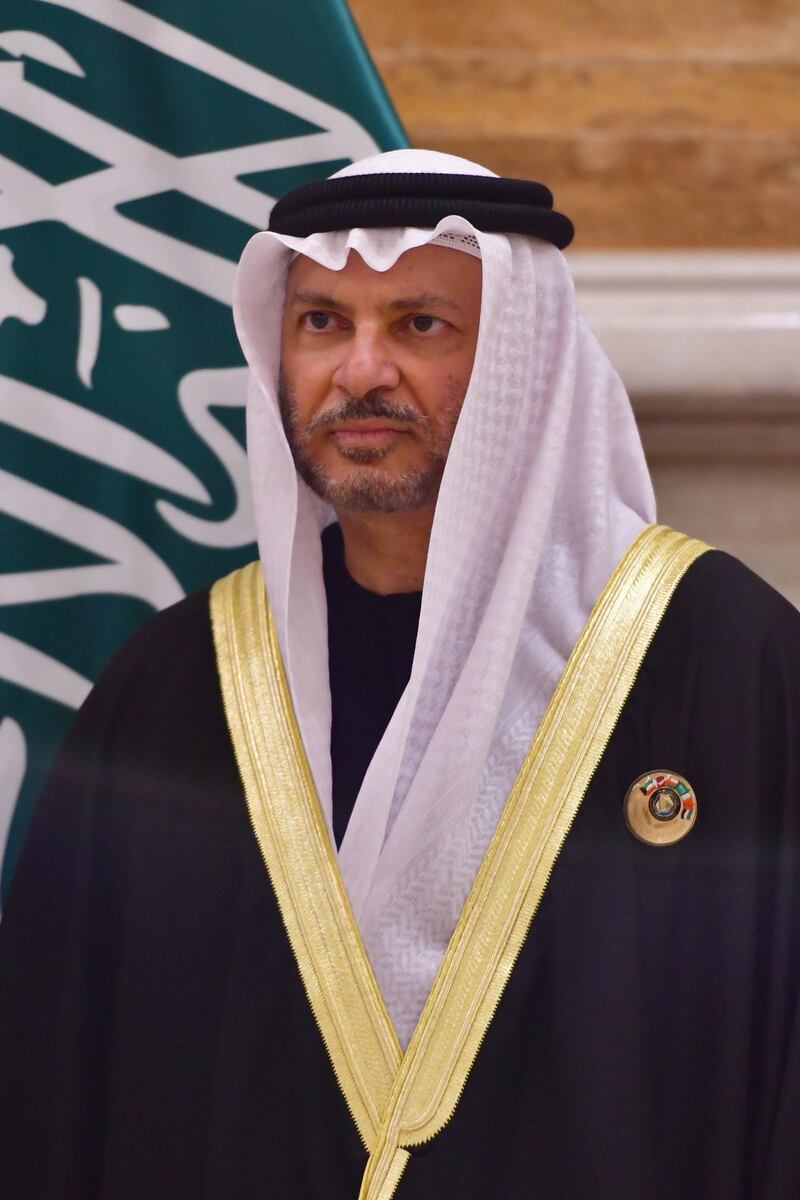The UAE minister of state for foreign affairs said on Thursday that Qatar’s newly-released terror list confirmed it supported extremism and terrorism.
"The Qatari interior ministry issued a terror list that included 19 people and eight entities, and the list included 10 people who were already included in three previous lists issued by the boycotting countries," Dr Anwar Gargash said on Twitter on Thursday.
"Qatar confirms the evidence against it and that its support for extremism and terrorism is the core of its crisis."
أصدرت وزارة الداخلية القطرية قائمة للإرهاب تضمنت 19 شخصاً و8 كيانات، وتضمنت القائمة 10 أشخاص ممن تم إدراجهم سابقاً في القوائم الثلاث التي أصدرتها دول المقاطعة. بعيدا عن المكابرة قطر تؤكد الأدلة ضدها وأن دعمها للتطرف والإرهاب جوهر أزمتها.
— د. أنور قرقاش (@AnwarGargash) March 22, 2018
Saudi Arabia, the UAE, Bahrain and Egypt cut all ties with Qatar in June last year over its support of extremism and interference in other countries’ affairs. Doha denies this.
Qatar on Wednesday released a terror list, which included 12 Qataris, two Saudis, four Egyptians and two Jordanians. It also included six Qatari entities, one Yemeni and one Egyptian.
______________
Read more
Qatar’s links to global terror groups remain deep, report finds
UAE, Saudi Arabia add 13 Qatar-linked people and entities to terror list
______________
Yemen’s Ihsan Charity Association, Egypt’s Wilayat Sinai and the six Qatari entities were all backed by the Qatari government, reported Al Arabiya.
The four Arab countries stand firm by their decision to boycott Qatar, saying they are willing to re-establish communications with Doha only if it adheres to regional and international agreements and the demands and principles they have issued.
Doha has so far refused to meet the quartet's 13 demands — including the closure of Qatar-owned Al Jazeera news channel, which the quartet says provides a platform for extremists and dissidents.






